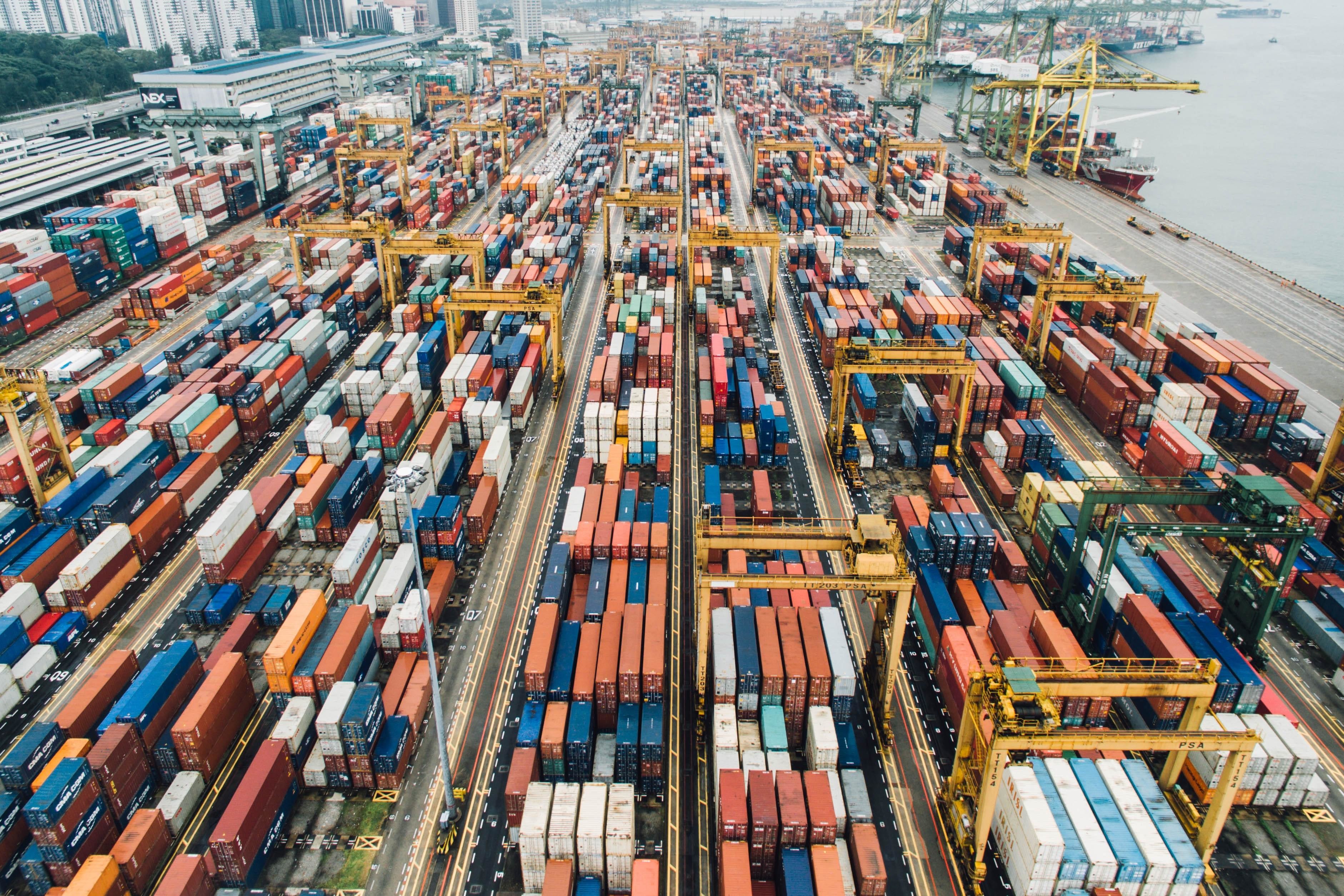Four Futures for Economic Globalization: Scenarios and Their Implications

Globalization has created significant opportunities and lifted millions out of poverty, while also driving inequality and economic disruption. With many countries turning inward in search of new strategies to increase security and resilience, the convergence of physical and virtual forms of economic globalization is no longer a given.
Globalization has created significant opportunities and lifted millions out of poverty, while also driving inequality and economic disruption. With many countries turning inward in search of new strategies to increase security and resilience, the convergence of physical and virtual forms of economic globalization is no longer a given.
As the traditional drivers of globalization have reached a critical juncture, we are entering a new phase of increased economic volatility, polarization, and structural reset of the global system. Ever-accelerating digitalization, however, means that the rivalry between global centres is rapidly expanding from the physical to virtual space, where competition over the control of technology and information networks is growing. How different economic centres of gravity will choose between physical and virtual integration, fragmentation or isolation will shape the fate of economic globalization in the years to come.
This White Paper outlines how the nature of globalization may shift as economic powers choose between fragmentation or isolation in both physical and virtual integration. The report calls for “no-regret actions” by policymakers: global cooperation on the climate crisis; investment in human capital to prepare populations for a range of economic futures, and returning to developing resilience through greater economic integration, knowledge-sharingand diversification.
阅读更多
全部相关内容 

What’s next for economic globalization?
What does the future hold for globalization?

Is there a future for globalization? Business leaders discuss at Davos 2022
The pandemic, the war in Ukraine, rising energy and food prices, supply chain disruptions and the climate crisis are challenges that threaten to destabilize decades of globalization, but ...